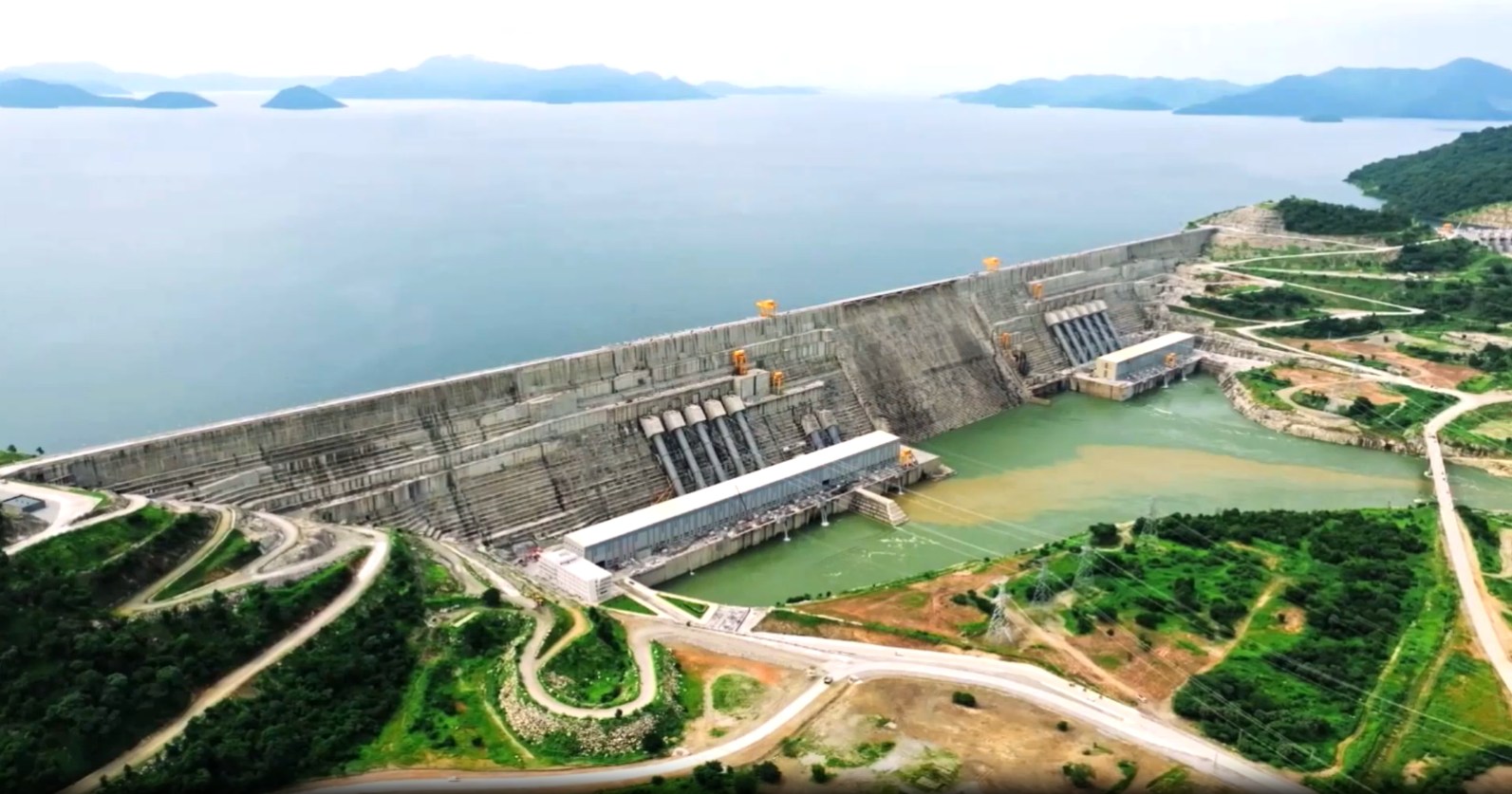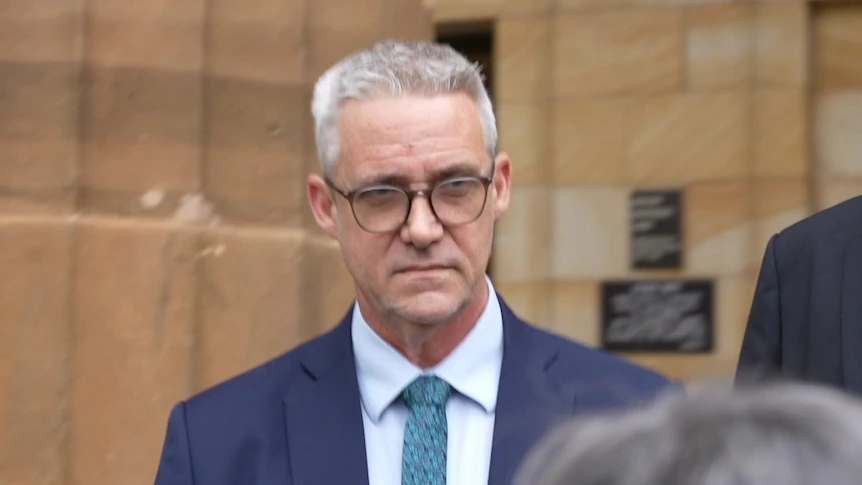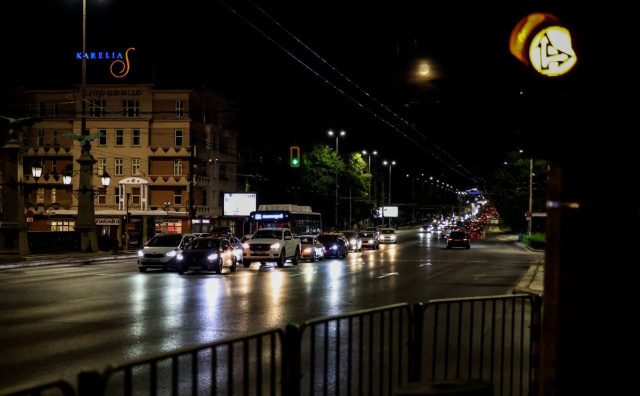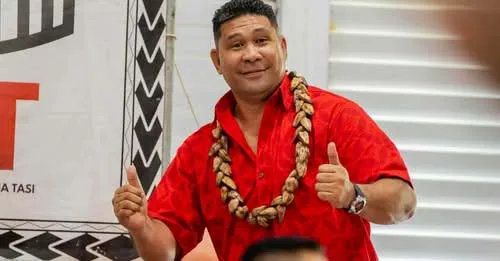By Addis Ababa,Mohammed El-Said
Copyright dailynewsegypt

Egypt has formally addressed the UN Security Council through Foreign Minister Badr Abdelatty, warning against Ethiopia’s “unilateral actions” regarding the Grand Ethiopian Renaissance Dam (GERD) on the Blue Nile.
Cairo affirmed that it “will not allow its water rights to be compromised and will take all measures guaranteed by international law and the UN Charter to defend the existential interests of its people.”
In a statement on Tuesday, the Foreign Ministry said the letter to the Council president underscored Egypt’s categorical rejection of what it described as a blatant violation of international law by Addis Ababa, and a challenge to the legal frameworks governing the Eastern Nile Basin.
The move came a day after Ethiopian Prime Minister Abiy Ahmed officially inaugurated the GERD at a ceremony attended by several African leaders, including Djibouti’s President Ismail Omar Guelleh, South Sudan’s President Salva Kiir, Somalia’s President Hassan Sheikh Mohamud, and Kenya’s President William Ruto.
Ethiopia’s state news agency hailed the project as the “Pride of Africa,” emphasising that it was financed almost entirely by Ethiopians, unlike many other large-scale African developments reliant on external loans.
Abiy celebrated the GERD as “a testament to shared vision and collective action,” declaring it both a national undertaking and a “historic achievement for all of Africa.” He said the project would expand electricity access domestically and enable surplus energy exports to neighbouring states.
Once fully operational, the dam is expected to generate 5,150 megawatts of electricity, compared to the 750 megawatts currently produced by its active turbines.
Neither Cairo nor Khartoum attended the inauguration. Both continue to demand a legally binding agreement on filling and operating the reservoir, warning that unilateral actions by Ethiopia could imperil their water security. Egypt in particular fears its share of Nile waters will be reduced during the filling process.
As one of the world’s driest countries, Egypt already faces a 90% gap in its water resources. Around 70% of its water comes from the Blue Nile and Atbara rivers, which originate on the Ethiopian plateau and merge in northern Sudan to form the Nile.
Egypt’s share of Nile water stands at 55.5 billion cubic metres annually, accounting for about 97% of its water needs. Yet the annual per capita share is just 660 cubic metres—far below the international water scarcity threshold of 1,000 cubic metres per year.
A study by the Geological Society of America (GSA) warned that rapid population growth, intensifying human activity, and the GERD’s impact could trigger a drinking water crisis in Egypt as early as 2025. Covering 1,800 square kilometres and standing 170 metres high, the GERD is Africa’s largest hydroelectric project.
Egypt, home to 108 million people, depends on the Nile for about 90% of its freshwater. President Abdel Fattah Al-Sisi cautioned last month that “anyone who believes Egypt will turn a blind eye to threats to its water security is mistaken.”
Sudan has similarly called for a binding legal framework, though it could benefit from flood regulation and cheaper power. Ethiopia, however, maintains that the project is a sovereign right and a regional opportunity, and has pressed ahead with reservoir filling since 2020.
The GERD dispute has fuelled years of negotiations under the African Union, as well as international mediation efforts, including by the United States under President Donald Trump, who once warned the conflict carried serious risks. Yet, despite numerous rounds of talks, no binding deal has been reached.
With the dam’s official launch and Egypt’s appeal to the Security Council, tensions over the Nile are set to intensify, marking a new phase in one of the region’s most sensitive disputes.



